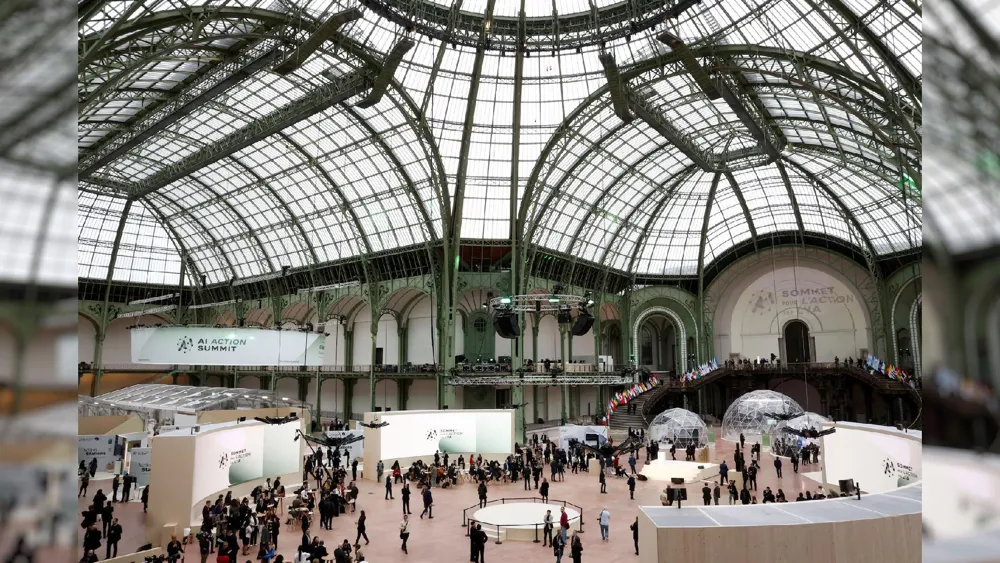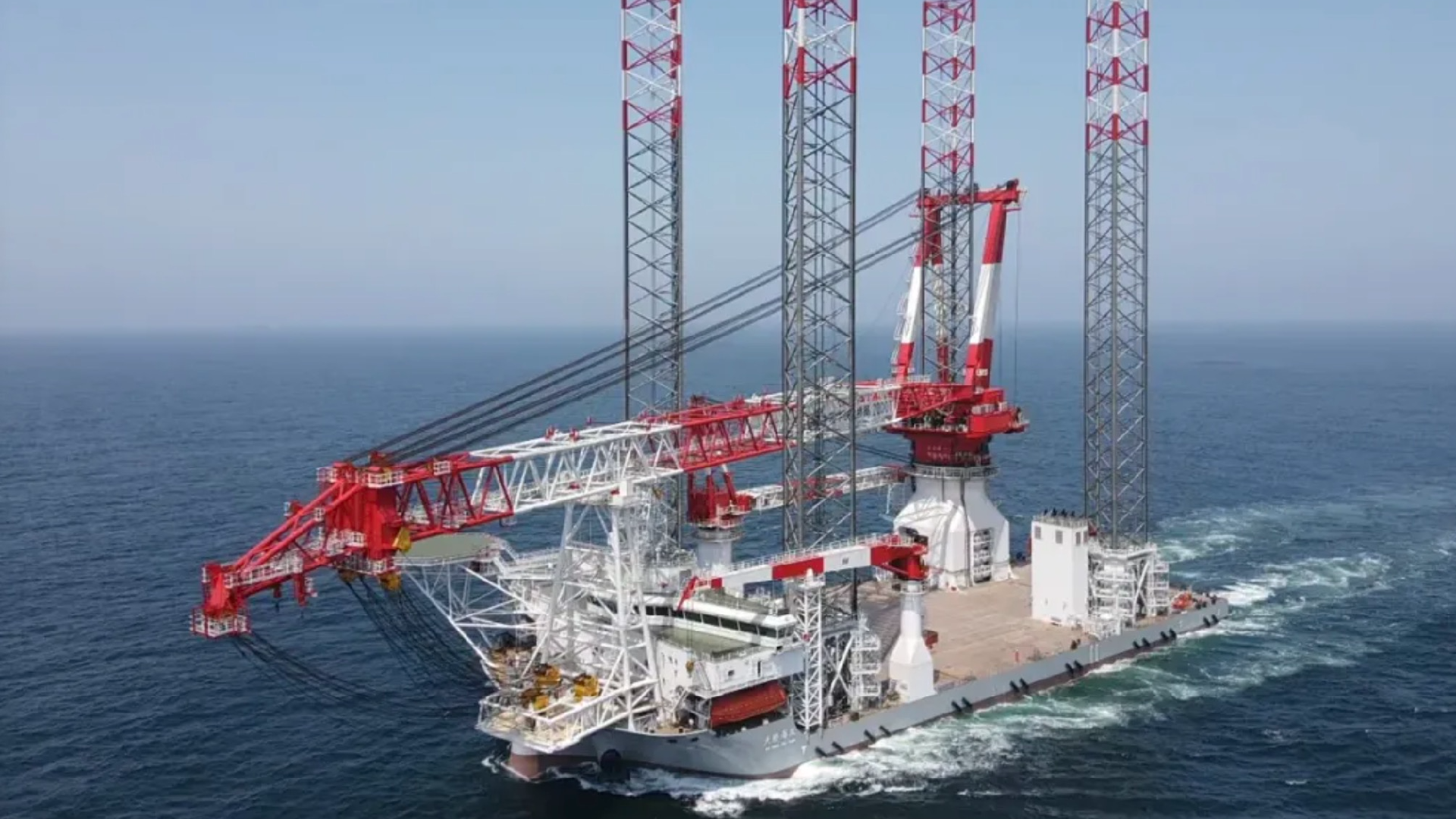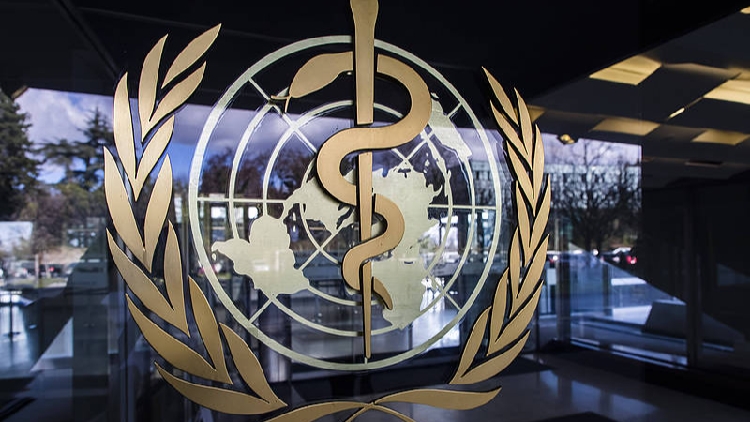Global Leaders and Tech CEOs Unite in Paris for AI Summit

World leaders and top tech executives gathered in Paris for a two-day summit dedicated to the future of artificial intelligence, focusing on innovation while emphasizing the importance of responsible AI development. This summit marks a notable shift from previous dialogues that predominantly addressed the risks associated with AI technology.
Central to the discussions was the balance between fostering AI growth and ensuring its responsible use. A new global partnership named 'Current AI' was announced with an initial funding of 400 million dollars to support public-interest AI projects. In line with this initiative, France is set to unveil significant private-sector investments in AI, anticipated to exceed 100 billion euros, translating to approximately 103 billion dollars.
These moves highlight an increasing recognition of AI's transformative potential and the competitive landscape that is influencing its growth. As nations invest heavily in AI technology, the interplay between geopolitical dynamics and AI development gains attention from governments, corporations, and researchers alike.
One of the primary concerns is the race for technological superiority, where countries are striving to establish themselves as leaders in AI research and applications. This competition intertwines with broader geopolitical tensions, as nations enhance their technological capabilities, which can translate into economic and military advantages.
Moreover, the role of AI in shaping diplomatic ties is becoming clearer. Collaboration in AI initiatives is viewed as a means to strengthen alliances, while lagging behind could leave nations vulnerable on the international stage. This urgency brings forth the need for ethical standards that align with diverse national interests.
The summit also addressed the complex implications of AI in surveillance and information warfare, highlighting the potential for data to be weaponized. As such, existing international treaties and regulations may require reevaluation to accommodate the capabilities and risks presented by AI technologies.
Notably, the attendance of prominent officials like U.S. Vice President JD Vance and Chinese Vice Premier Zhang Guoqing highlighted the increasing competition for AI dominance. Discussions at the summit successfully rendered the critical need for international cooperation, despite concerns that AI advancements could further exacerbate existing inequalities.
India's role as a co-host alongside France further emphasizes the desire to broaden participation in AI discourse and development. This strategic move could lessen the historical dominance of the United States and China within the global AI landscape.
As the summit progressed, the contentious debate around AI regulation heated up. While some leaders, including French President Emmanuel Macron, called for a regulatory framework that fosters innovation, others raised alarms about the potential dangers of both insufficient and excessive regulatory measures.
This call for a flexible regulatory approach contrasts sharply with the EU's recently passed AI Act, which establishes the first comprehensive regulations governing AI globally. Industry representatives have begun lobbying to modify these strict guidelines. In contrast, labor advocates voiced concerns surrounding the societal impact of AI technology, particularly regarding job displacement and the necessity for worker protections.
(With input from agencies)
Read These Next

Siemens Energy CEO Says Energy Transition Requires China
Siemens Energy's CEO, Christian Bruch, stresses China's crucial role in global renewable energy, especially wind energy.

China Calls on US to Avoid Politics in COVID-19 Origins Probe
China urges the US to halt political maneuvering on COVID-19 origins, emphasizing transparency and international collaboration.

Moon Soil Samples to be Featured at World Expo 2023
Moon soil samples from China’s Chang'e-6 mission will be showcased together for the first time at World Expo 2025 in Osaka.
